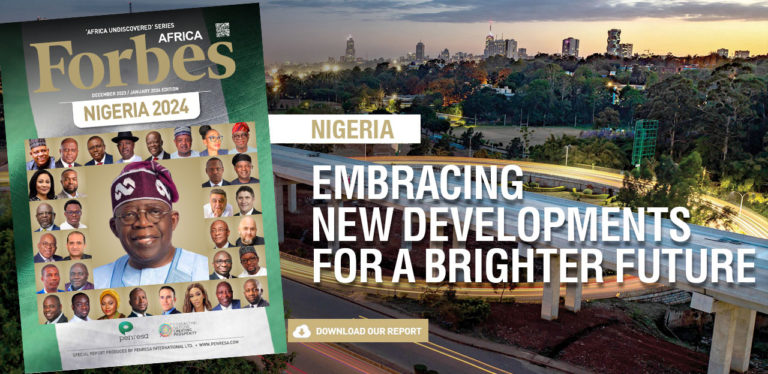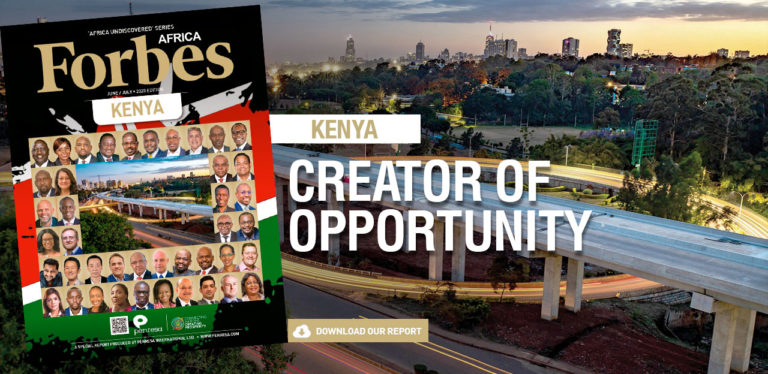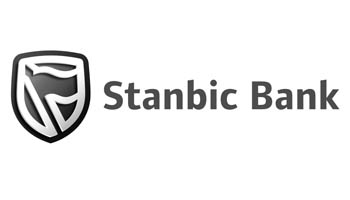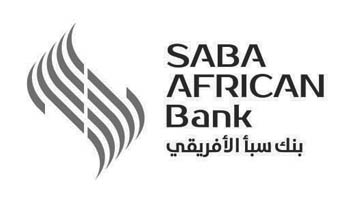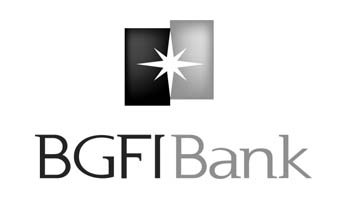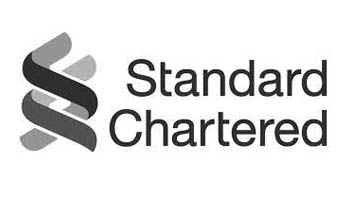Djibouti is set to connect global business with booming African markets and drive forward regional integration and growth.
Djibouti holds a strategic place in Africa due to its connection with the Middle East, Europe and Asia, serving as a gateway to the world and vice-versa. Over the years, Djibouti has been a country that has maintained admirable stable relations in all respects. Hon. Mahmoud Ali Youssouf, Minister of Foreign Affairs, says, “Djibouti is very well located, being on the Strait of Bab al-Mandab and the Gulf of Aden, which are very important for international trade. As a small country, we have shown from the very beginning that we wanted to cooperate with our neighbours.”
When neighbouring countries are united in peace, the doors of opportunity are opened across all sectors, especially in transportation. The flag carrier of Djibouti has witnessed an increased movement of cargo in the region. Abdourahman Ali, CEO of Air Djibouti, explains that when an airline is created in a country, it opens partnership opportunities with airlines in other countries. “This is why we set up an interline with Qatar Airways for landlocked Rwanda. Our vision is sea and air, so when cargo comes by sea, we can take it to the airport to be taken by air.” Air Djibouti also operates within the free zone, working with ports and other means of transportation.
The Doraleh Multi-purpose Port is a state of the art terminal that plays a direct role in the free zone and connectivity of the country. This port is also a source for job creation that ensures the economic stability of its human capital. Wahib Daher Aden, CEO of Doraleh Multi-purpose Port, says, “The biggest investment that the government has done is job creation. A training institute has been created in partnership with the European Union. We have bought simulators and equipment for the training. Before we were sending our people to Europe or to China, which was very costly. Now we have one person at the University of Djibouti, who is the head of the training institute. Every year they train hundreds of workers to work at the ports.”
“We want Africa to open,” explains Ali. “Africa is trading more with external countries than amongst themselves. We want to be the entry of east Africa and beyond. For us, we want to be open, we want the roads and rails to connect Kenya, Uganda, South Sudan, Ethiopia, Djibouti and beyond that, to Rwanda to Burundi. If all these countries are interconnected, it will be a huge opportunity.”


